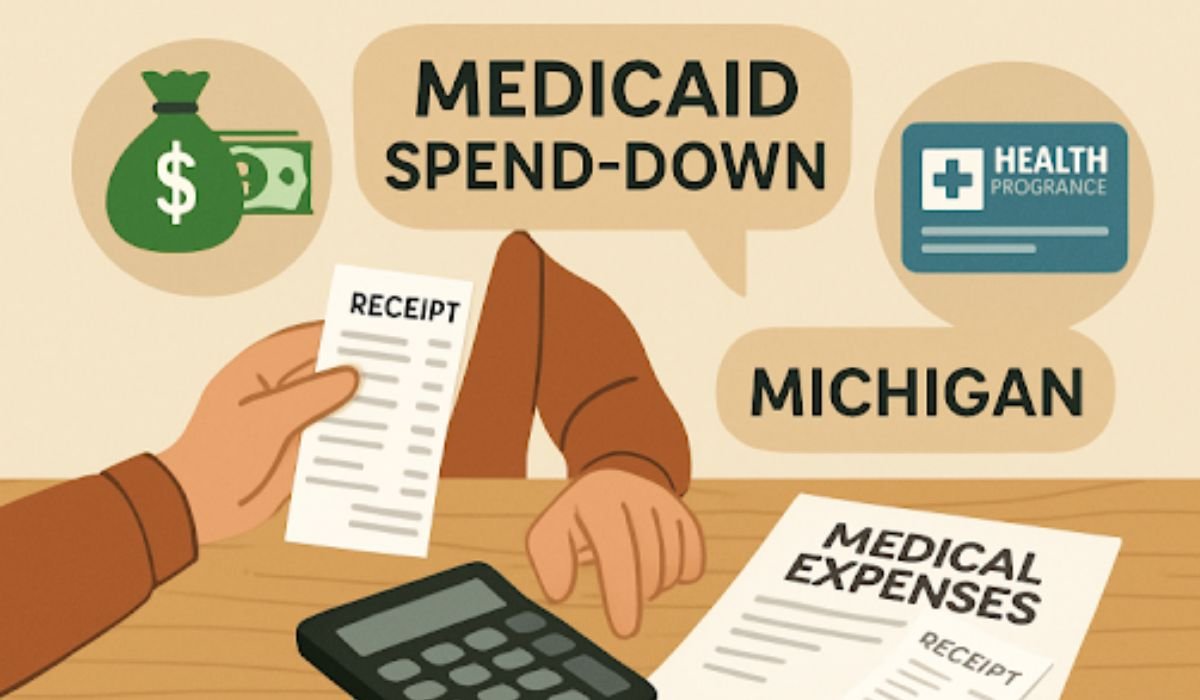Navigating disputes arising from a commercial contract can be a challenging and complex task. They can threaten the success and longevity of a business. They can also be expensive and time-consuming to resolve.
However, with the right strategies and approach, these conflicts can be effectively managed and even turned into opportunities for growth. In this blog post, we will explore the most effective strategies for resolving disputes from commercial contracts. Read on.
Understanding Commercial Contracts
Before delving into dispute resolution, it’s important to understand what commercial contracts entail. These agreements govern transactions between businesses, detailing the obligations, rights, and expectations of each party. Key elements often include:
- Scope of Work
- Terms and Conditions
- Payment Terms
- Breach of Contract
Common Sources of Disputes
Disputes can arise from various sources, including:
- Ambiguity in Terms
- Non-Performance or Delayed Performance
- Quality of Goods/Services
- Payment Issues
- Change in Business Circumstances
- Miscommunication
Recognizing these sources can help parties take proactive measures to prevent disputes from escalating.
Proactive Measures for Prevention
Prevention is always better than cure. Here are some proactive measures to consider when drafting contracts:
Clear Language
Use clear and precise language to avoid ambiguity. Ensure that terms are defined and easily understood.
Thorough Review
Both parties should thoroughly review the contract before signing. Involving legal professionals can help catch potential issues.
Regular Communication
Maintain open lines of communication throughout the contract’s life. Regular check-ins can help identify issues before they escalate.
Flexibility and Collaboration
Consider including clauses that allow for renegotiation of terms if circumstances change. This fosters a collaborative spirit.
Conflict Resolution Clause
Incorporate a clause in the contract that outlines the process for dispute resolution. It specifies preferred methods such as mediation or arbitration.
Training and Awareness
Educate employees involved in contract management about the importance of compliance. Also the procedures to follow if disputes arise.
Document Everything
Maintain thorough documentation of all communications and transactions related to the contract. This can serve as crucial evidence in case of a dispute.
Set Realistic Expectations
When drafting the contract, ensure that timelines and deliverables are achievable. Overpromising can lead to disputes when expectations are not met.
Strategies for Resolving Disputes
If a dispute does arise, several effective strategies can help resolve the issue amicably and efficiently.
Negotiation
The first step in resolving any dispute should be negotiation. This involves direct communication between the parties to discuss the issues at hand.
Benefits
It’s often the quickest and least expensive method. Negotiation allows both parties to express their concerns and work towards a mutually beneficial solution.
Best Practices
Approach negotiations with an open mind. Focus on interests rather than positions.
Aim for a win-win scenario where both parties feel heard and valued. Techniques such as active listening and empathy can significantly enhance the negotiation process.
Preparation
Before entering negotiations, prepare thoroughly. Understand your objectives, anticipate the other party’s needs, and be ready to explore creative solutions that can satisfy both sides.
Mediation
If negotiation fails, mediation is a valuable next step. This involves a neutral third party who facilitates a discussion between the disputing parties.
Benefits
Mediation is typically faster and less formal than litigation. It allows for creative solutions that a court may not provide.
Best Practices
Choose a mediator with experience in commercial disputes. Be prepared to compromise, as the goal is to reach a mutually acceptable resolution. Establish ground rules for the mediation process to ensure respectful and productive dialogue.
Confidentiality
One of the significant advantages of mediation is confidentiality. The discussions during mediation are not legally binding, allowing both parties to explore solutions without the pressure of a formal setting.
Arbitration
Arbitration is a more formal dispute resolution process, where a neutral arbitrator hears both sides and makes a binding decision.
Benefits
It’s usually quicker and less costly than litigation. It keeps the dispute out of the public eye.
Best Practices
Ensure that the arbitration agreement is clearly defined in the contract. Select an arbitrator with expertise in the relevant field to ensure an informed decision. Prepare thoroughly for the arbitration process, presenting all necessary documentation and evidence.
Finality
One of the main characteristics of arbitration is that it typically concludes the dispute. This offers a final resolution that can be enforced legally, which is crucial for businesses seeking closure.
Litigation
When all else fails, litigation may be necessary. This involves taking the dispute to court for a legal resolution.
Benefits
Litigation provides a formal legal process and a definitive resolution. This can be crucial in complex disputes.
Best Practices
This should be a last resort due to the costs and time involved. Ensure you have solid legal representation and are prepared for a potentially lengthy process. Consider the possibility of appeals and the long-term implications of a court ruling on your business.
Public Record
Keep in mind that litigation results are part of the public record. This can affect your company’s reputation and relationships with other business partners.
Post-Resolution Steps
Once a dispute is resolved, it’s crucial to take steps to ensure that similar issues do not arise in the future:
Document the Resolution
Keep a detailed record of how the dispute was resolved. Also any changes made to the contract as a result.
Review Contractual Practices
Analyze the situation to identify what went wrong and how contract drafting or management can improve. Consider conducting a post-mortem analysis of the dispute to extract lessons learned.
Foster Relationships
Maintain positive relationships with the other party. A strong working relationship can prevent future disputes and facilitate smoother interactions. Consider engaging in team-building activities or collaborative projects to strengthen ties.
Continuous Improvement
Implement a feedback loop within your organization to regularly assess and improve contract management processes. Encourage employees to share insights and experiences related to contract execution and dispute resolution.
Training Programs
Establish ongoing training programs for staff involved in contract management and dispute resolution. This can enhance their skills in negotiation and communication. It makes them better equipped to handle potential disputes. Consult a government contracts lawyer to learn more about it.
Get a Fair Commercial Contract Now
In conclusion, effectively resolving disputes arising from a commercial contract requires thorough a few factors. By following this guide, you can minimize the impact of disputes and reach a satisfactory resolution for both parties involved.
Don’t wait until a dispute arises. Start using these practices in your negotiations. Your business’s success and reputation depend on it.
If you want to read more articles, visit our blog.











